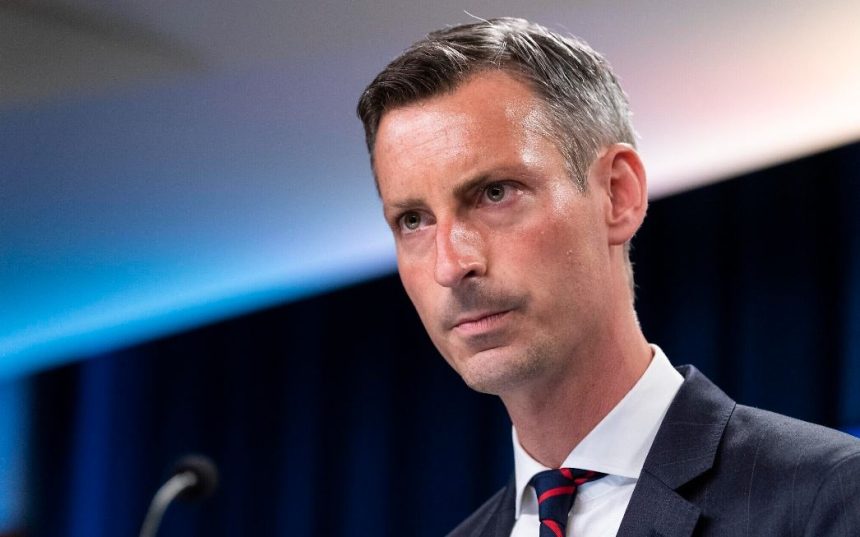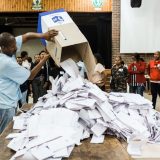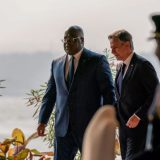On Monday, Washington reaffirmed its concerns that Rwanda is aiding a revolt in the Democratic Republic of the Congo (DRC), whose swift advances prompted Kinshasa to remove the ambassador of the neighbouring nation.
U.S. Secretary of State Antony Blinken issued a warning over “reliable” reports of Rwandan backing for the “March 23 Movement” (M23), a past Tutsi uprising, during a visit to both nations in August.
“State support for armed groups is unacceptable and we reiterate our concerns about Rwanda’s support for M23,” U.S. diplomatic spokesman Ned Price told reporters.
“We encourage countries in the region to work together to restore peace, security, and respect while respecting each other’s sovereignty and territorial integrity,” he added.
As tensions have increased over the past week, he claimed that U.S. officials “have been in frequent touch” with their Rwandan and DRC colleagues.
The M23 has been moving into Rutshuru region, north of Goma, since October 20, after several weeks of peace.
A previous Tutsi uprising known as the “March 23 Movement” resorted to violence at the end of 2021, accusing Kinshasa of breaking promises regarding the reintegration of its fighters.
After months of tension and accusations of backing for the M23, denied by Kigali, which in turn says that the DRC is coordinating with Rwandan Hutu rebels, Kinshasa announced on Saturday night that the Rwandan ambassador had been expelled from the DRC.
The 1994 Rwandan genocide left behind a history of troubled relations between Rwanda and the Democratic Republic of the Congo that have lasted for almost 30 years.







